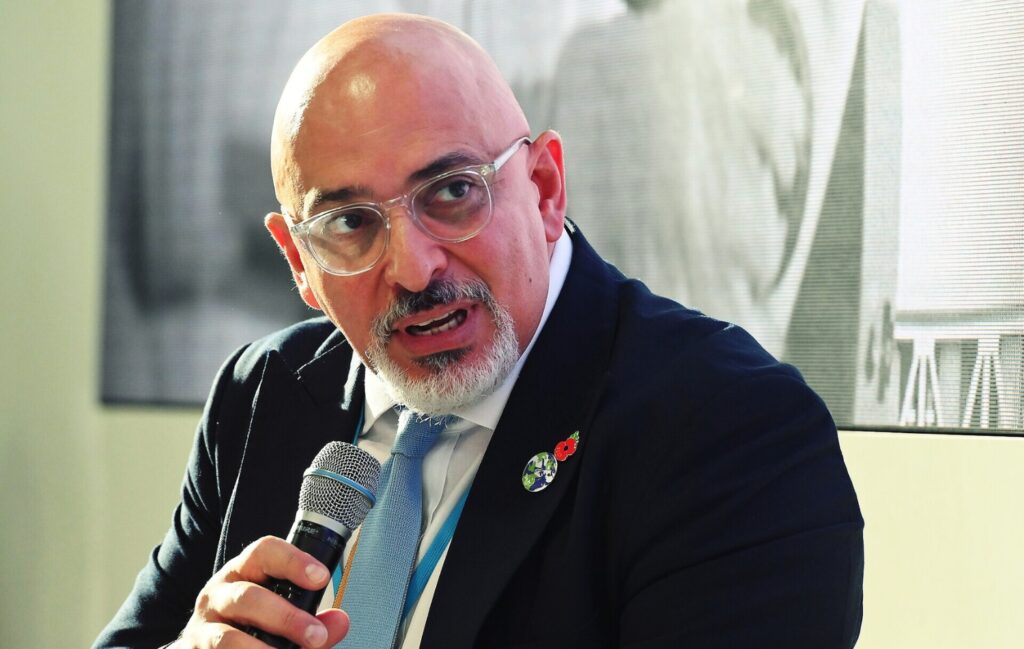It’s worth keeping your eye on West Virginia these days, where a campaign of civil disobedience against coal mining activities is attracting increasingly tough reprimand from state judges.
A judge set bail at $100,000 each for two activists who blockaded the entrance of Massey Energy regional headquarters in Boone County in advance of the company’s annual shareholder meeting on Tuesday. The charges include trespassing, conspiracy and littering: a standard-fare suite of misdemeanors that activists associated with Climate Ground Zero have faced over the past year of their actions. Bail and jail sentences, however, have grown considerably in the past few months.
Massey is famously controversial for being a leading practitioner of mountaintop removal mining, for the recent disaster at its Upper Big Branch mine that killed 29 workers, and for its never-shy CEO, Don Blankenship, whose views on global warming have been well documented here at Desmogblog.
Many prominent environmental leaders- including Al Gore, James Hansen, Bill McKibben, and Wendell Berry- have encouraged youth to consider mass actions of civil disobedience against coal extraction and burning. Hansen, in fact, was one of 30 people arrested at an anti-mountaintop removal mining demonstration in West Virginia last June. Since Climate Ground Zero began its campaign of non-violent protests last year, over 100 people have been arrested.
That’s not to suggest a causal relationship- the significance is only that we are witnessing a growth in climate-related civil disobedience, which appears to be attracting growing support from both the movement’s mainstream leadership figures and from its grassroots.
Needless to say, increasing bail and jail sentences are unlikely to serve as the deterrent the West Virginia courts apparently hope them to be.
The two activists have written a statement on their actions.
Subscribe to our newsletter
Stay up to date with DeSmog news and alerts





